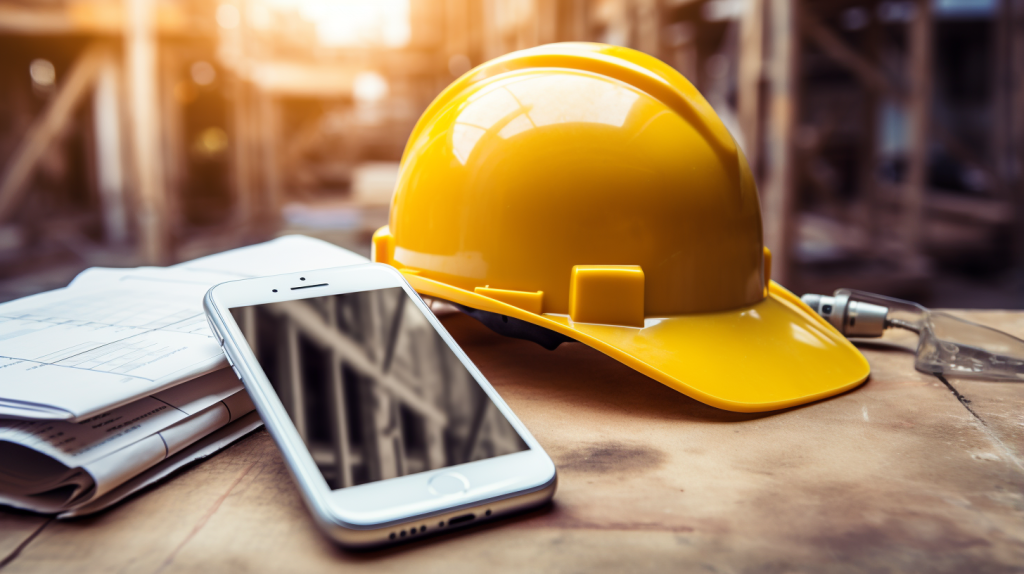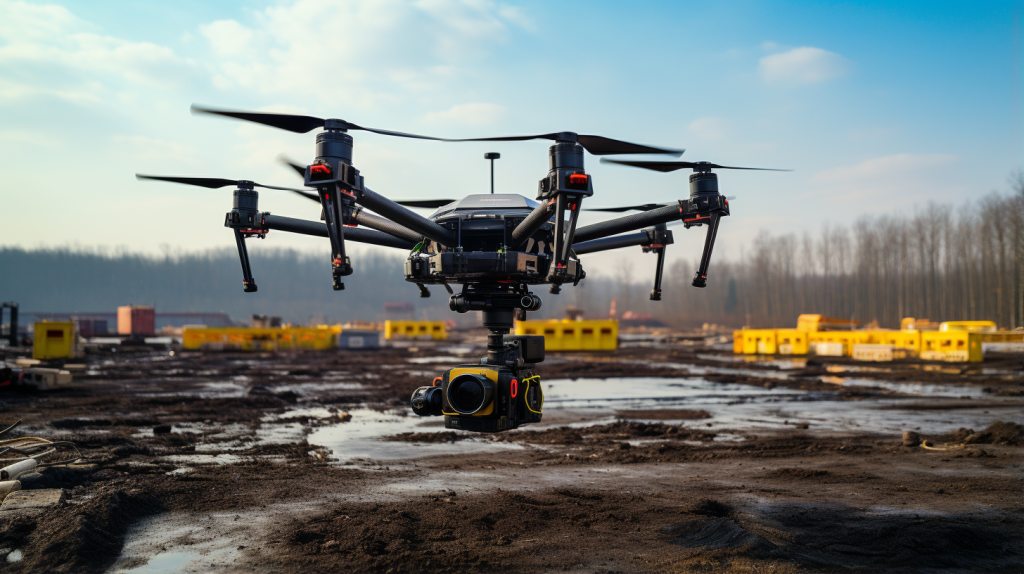Introduction: The Tech-Driven Construction Landscape In Palo Alto
Commercial General Contractors, handling Architecture, Engineering, and Construction (AEC) projects have always been slow to get on board with new tech. But with the COVID-19 pandemic, workers had to be more careful and clients could not come to work in person.
This forced the construction industry to embrace a bunch of new Technology In Construction, like drones, AR/VR, and big data. Microsoft HoloLens and BIMs have been around for a while, but most construction companies have not taken advantage of them.
Here are the latest statistics and numbers on the use of advanced technologies in Palo Alto’s construction industry:
- The number of construction projects using advanced technologies has increased by 20% in the past year.
- The most popular advanced technologies used in construction are drones, 3D printing, and building information modeling (BIM).
- Drones are used for a variety of purposes, such as surveying, progress monitoring, and safety inspections.
- 3D printing is used to create prototypes of buildings and building components.
- BIM is used to create a digital representation of a building that can be used for planning, design, and construction.
- The use of advanced technologies in construction is expected to continue to grow in the coming years.
Addressing Labor Challenges With Technology

JBPA Developments’ VP of Finance, Kevin Morris, recently talked about the construction trades shortage on a podcast.
He said that a lot of skilled tradespeople are over 55 and leaving the industry fast.
For example, Ontario needs 70,000 more workers to keep up with demand.
He also said that for every 5 people that leave the trades, only 1 is being replaced. And the industry needs to focus on being more efficient if they want to keep up with the ever-growing workload and shrinking workforce.
Technology can boost construction efficiency and cut costs, but current systems are not keeping up with demands. To combat labor shortages, firms can use software for improved project management, vendor connections, and scheduling, reducing waste and keeping projects on track
While firms cannot control the broader labor market, they can optimize project management processes to tackle uncertainty effectively. However, one thing Kevin Morris cleared here is that raising prices is not the right answer to handle labor shortage in the construction industry.
Safety Enhancements Through Wearable Tech

Construction workers make up 6% of the U.S. workforce, yet they account for 20% of all workplace deaths. Because of their unique risks, construction workers require high-quality safety measures and Building Information Modeling manuals.
OSHA regulations help, but many workers use wearable safety equipment to protect themselves and reduce insurance costs. Wearable Tech improves safety, worker health and safety, and health-related standards by:
- Watching vital signs.
- Spotting fatigue and stress.
- Warning of dangers.
- Tracking locations.
- Alerting supervisors in accidents.
- Calling for help in emergencies.
- Preventing dozing off.
Mobile Devices: The New Norm For Commercial General Contractors

The construction industry deals with problems like poor productivity, low profits, skill shortages, and trust issues in the supply chain.
These challenges are reflected in statistics: over the last two decades, global construction labor productivity growth has stayed below 1%, while the world economy has grown at an average rate of 2.8%.
Mobile technology is transforming construction in three key ways:
- Workers use mobile devices to access project documents and blueprints.
- GPS tracking monitors construction equipment and vehicles.
- Mobile devices are used for site inspections and data collection.
The Rise Of Robotics And Automation In Construction

Robots and automation can be a real game-changer for the construction industry. Not only can they help speed up the building process, but they can also reduce human error and save time and money.
For example, Rugged Robotics built a 10-story building using a robot. The robot used non-contact lasers to change the way measurements were made on construction sites. Plus, they can help reduce the number of injuries and deaths in the workplace.
It does not even have to be a construction worker to take advantage of robotics and automation. Engineers, managers, architects, and more can all benefit from it.
Robotics and automation can also:
- Improve accuracy and quality of construction
- Increase safety on job sites
- Reduce construction time and costs
- Reduce human errors
Drones: Revolutionizing Site Surveys And Inspections

Drones have changed the way construction sites are surveyed and inspected. They can give you super-high-res pictures and data from different angles, and you can use them to get detailed maps of the area. That way, you can figure out the perfect spot for your building.
You can use drones for a bunch of different things in construction, like:
- Site analysis
- Planning and design
- Asset inventory
- Project reporting and collaboration
- Resolving disputes
Plus, they can help us plan by giving us visual data that we can use to create detailed maps. So, if you are in the construction business, drones are a great way to get the job done.
However, the use of drones for construction projects does come with some operational limitations, including:
- Limited battery life
- Vulnerability to weather conditions
- Need for skilled operators
- Data overload
Climate Resilience And Sustainable Construction

Climate-Resilient Construction is built to last. It is designed to keep up with and adjust to the ever-changing climate. It is built to withstand, react to, and bounce back from any changes in the weather.
Some great examples of this type of construction include:
- Installing green roofs
- Planting street trees
- Planting trees around buildings to address droughts and flooding
According to research from the MIT Concrete Sustainability Hub, investing in climate-friendly construction can help you avoid a lot of damage in less than two years if you are in an area that is prone to hazards.
Conclusion: The Future Of Construction In Palo Alto
Commercial General Contractors are learning how to use tech to work better together and make more money. They are turning to digital tools like smart planning and management technology to help them stay ahead of the competition. If you have any ideas on how general contractors can use data-driven tech for construction in Palo Alto, let me know in the comments!






